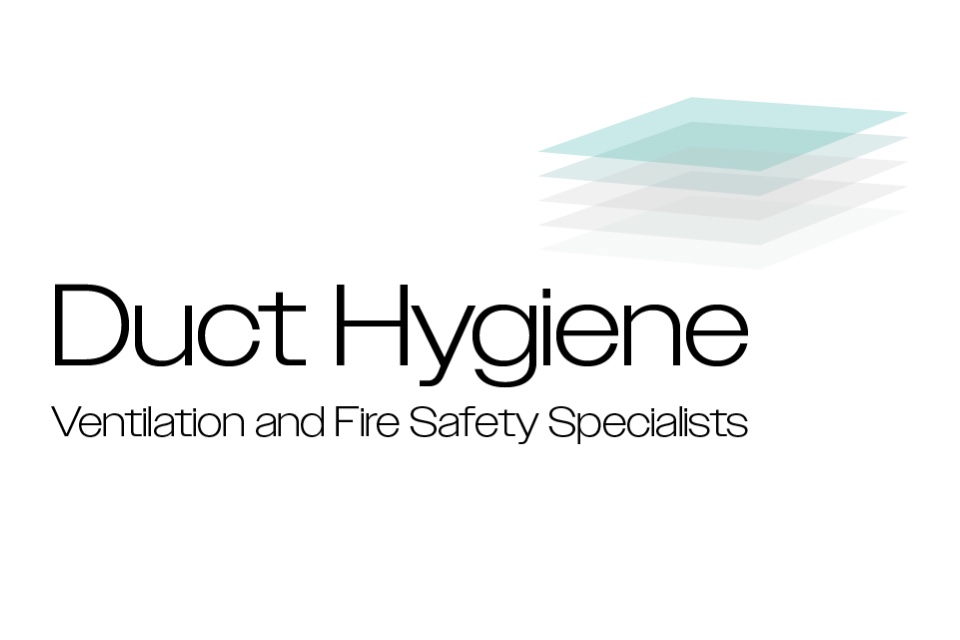The government will provide an extra £60 million to local authorities to support the adult social care response to COVID-19 in January, the government has confirmed.
The Adult Social Care – Omicron Support Fund is on top of the £388 million infection control and testing fund announced earlier in the year to prevent infections and provide testing in the care sector.
As cases of Omicron rise rapidly around the country, the additional £60 million will help protect both those who receive care, the family and friends who support them, as well as the adult social care workforce.
Local authorities can use the funding to support the sector and protect people from COVID-19 infection. This includes investing in improved ventilation, increasing the use of direct payments – which are offered to people with eligible social care needs so they have choice and control over their care and support arrangements – or paying for COVID-19 sickness and self-isolation pay for staff.
Minister for Care Gillian Keegan said: “Protecting care staff and people who use social care services continues to be a priority, especially as cases surge and Omicron spreads rapidly around the country.
“[The] extra funding will ensure that we continue to support adult social care to keep people safe and prevent outbreaks. A huge thank you goes out to care workers for all they are doing to care for people and keep themselves and others safe this winter.
“I urge anyone who has yet to get a booster to come forward – vaccines are our best defence against this virus so Get Boosted Now.”
The government says it has taken action throughout the pandemic to protect social care, including:
- continuing to provide free personal protective equipment (PPE) to protect against COVID-19 to the adult social care sector
- providing regular asymptomatic COVID-19 testing
- continuing to support care providers to make best use of technology to help remote monitoring including making pulse oximeters available to care homes that have less than the recommended number of devices
Care home guidance was changed recently to protect residents further by allowing each resident to have 3 listed visitors as well as an essential care giver, either a family member or friend, who may visit the home to offer companionship or help with care needs.
People living in care homes are typically more vulnerable to severe illnesses as a result of COVID-19, and measures are in place to facilitate visiting while keeping care home staff and residents safe. Visitors should receive a negative lateral flow test result and report it on the day of their visit.






